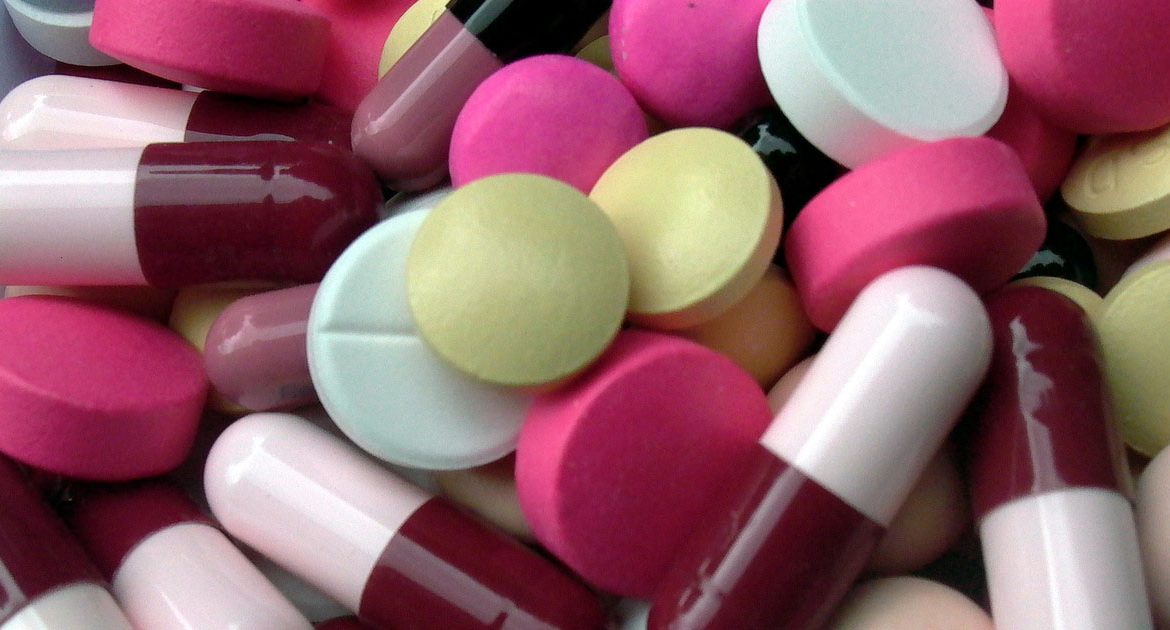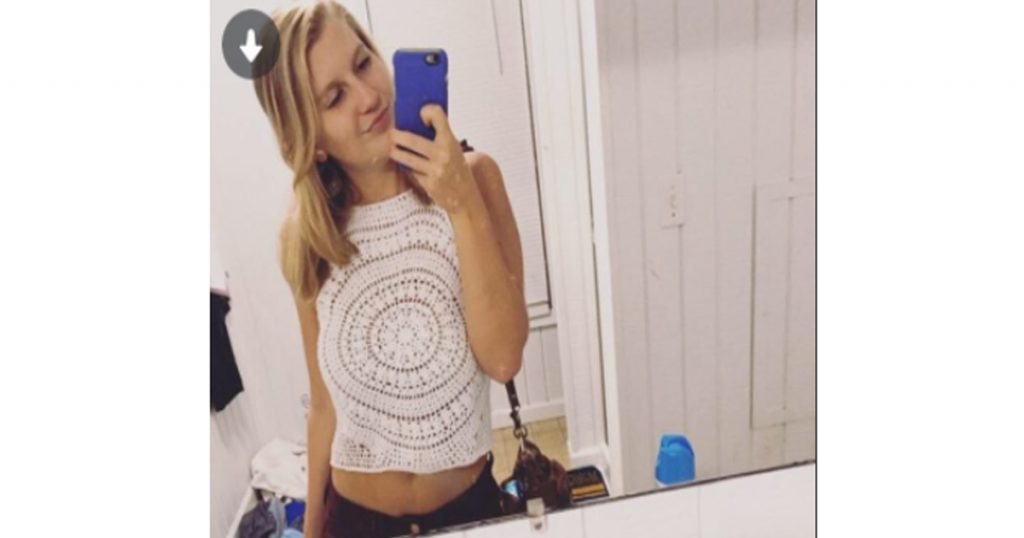We all know medications should be taken strictly as prescribed, both in terms of dose and regimen and as regards to your diet during treatment.Bright Side has compiled a list of 9 drug and food pairings that shouldn’t — or, in some cases, mustn’t — be taken together. Read on, and be healthy!
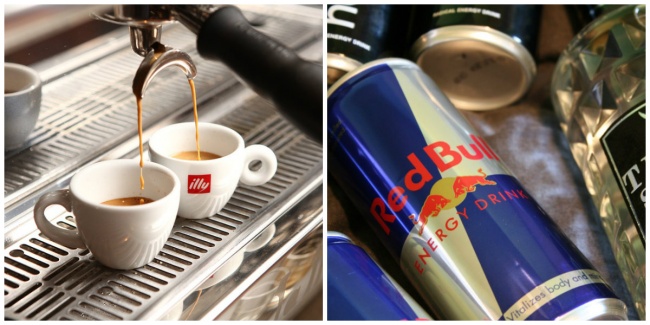
- Drugs: theophylline, albuterol.
- Restricted: food and drinks containing caffeine.
Both drugs stimulate the nervous system, so to avoid excess nervousness and anxiety you should cut out caffeine for the duration of treatment. Be especially careful with theophylline,as caffeine sharply increases its toxicity. You should also minimize fatty foods in your diet because it raises bioavailability of theophylline, which may cause an overdose.Source: NCBI
Antihypertensive drugs
(prescribed to treat and prevent heart and kidney disorders)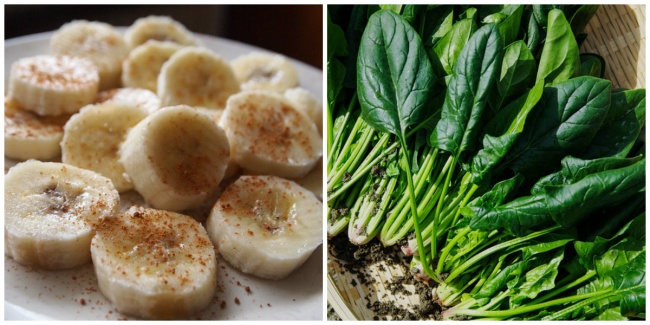
- Drugs: captopril, enalapril, ramipril.
- Restricted: potassium-rich foods.
Medications of this group increase the levels of potassium in your blood, which can lead to arrhythmia and dyspnea. That’s why you should cut out bananas, potatoes, soy, and spinach for the treatment period. You can find the rest of the potassium-rich products here.Source: FDA
Anti-arrhythmic drugs
(prescribed for treatment and prevention of heart failure)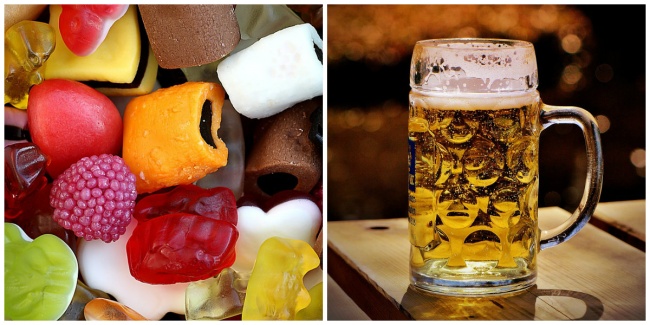
- Drugs: digoxin.
- Restricted: licorice.
Licorice, or liquorice, contains glycyrrhizic acid which interacts with digoxin and can cause heartbeat disorder or even cardiac arrest. This substance is also present in sweets, cakes, and other confectioneries. Licorice is often contained in beer as well.Dietary fibers (bran, for instance) decrease the efficacy of the drug, so it’s best to take them 2 hours before or after a meal. Herbs like senna or St. John’s wort also lower digoxin’s activity.Source: FDA
Drugs lowering the levels of «bad» cholesterol
(prescribed for obesity, diabetes mellitus, and cardiovascular disorders)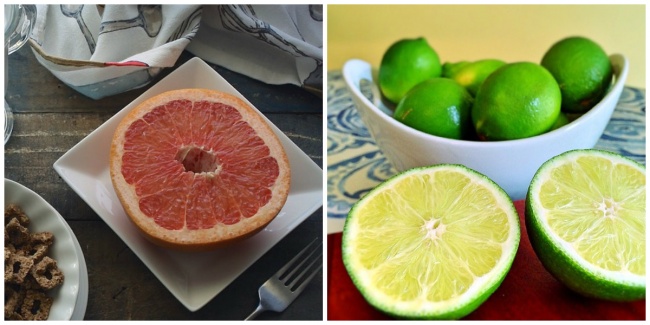
- Drugs: atorvastatin, fluvastatin, lovastatin, simvastatin, rosuvastatin, pravastatin.
- Restricted: grapefruit.
Grapefruit causes a sharp increase of drug absorption which raises the risk of overdose and side effects. Thus, the potency of just one tablet taken with grapefruit juice equals the effect of 20 tablets taken with water. The same goes for other citrus fruits like pomelo, lime, or bigarade.Source: NCBI
Blood thinners
(prescribed to treat and prevent blood clots)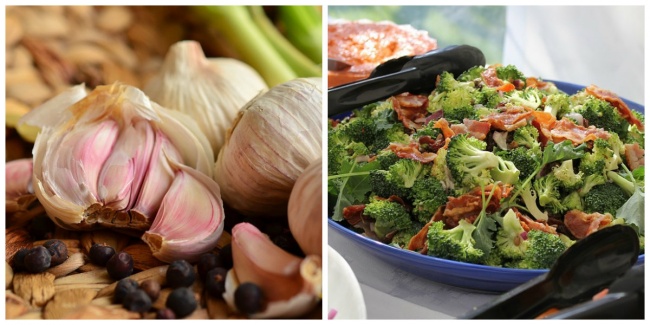
- Drugs: warfarin.
- Restricted: blood-thinning foods and foods rich in vitamin K.
While taking this medication, you should minimize consumption of cranberry, garlic, ginger, and certain spices (cayenne pepper, cinnamon, and turmeric). These foods thin your blood and in combination with warfarin can cause bleeding.Vitamin K, on the other hand, reduces the drug’s potency. It’s abundant in spinach, turnips, cabbage, and broccoli. Other foods containing this vitamin are found here.Source: FDA
Thyroid hormones
(prescribed for hypothyreosis — decreased thyroid gland function)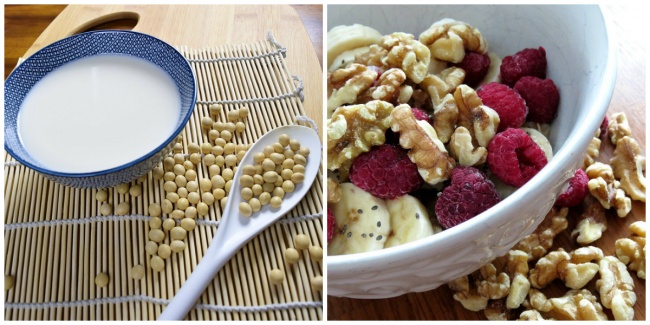
- Drugs: levothyroxine.
- Restricted: soy, chestnut, fiber.
People taking levothyroxine and its equivalents (Euthyrox, Bagothyrox, L-thyroxine) should restrict soy and foods made from it as this plant blocks absorption of the drug. Chestnuts and fiber-rich foods have similar effects.Source: FDA
Antibiotics
(prescribed for bacterial infections)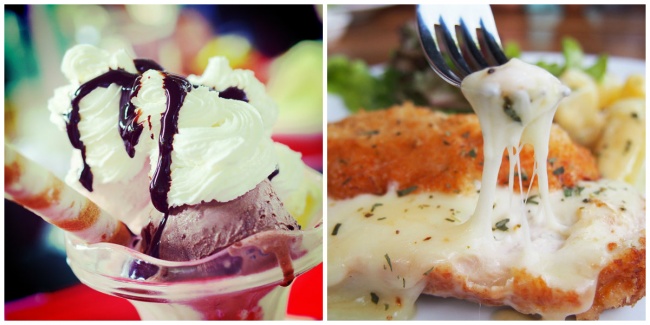
- Drugs: tetracycline (and other drugs of this line), ciprofloxacin, penicillin.
- Restricted: dairy products.
The above antibacterial drugs form hard-to-excrete compounds with calcium, which abounds in milk and dairy products. This leads to a sharp decrease in the drug’s efficacy.Source: FDA
Painkillers
(prescribed for inflammations, muscle pains, and headaches)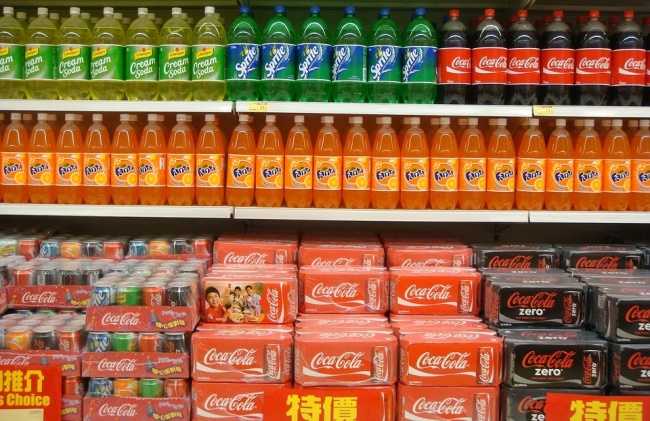
- Drugs: ibuprofen.
- Restricted: soft drinks.
Ibuprofen (otherwise called Advil, Genpril, Proprinal) is incompatible with sweet soft drinks. The carbon dioxide and acid contained within fizzy drinks increase the absorption of the drug and raise its blood concentration. As a result, the dose can’t be controlled, and a risk of toxicity arises which is dangerous for the kidneys.Source: NCBI
Antidepressants
(prescribed for prolonged depression)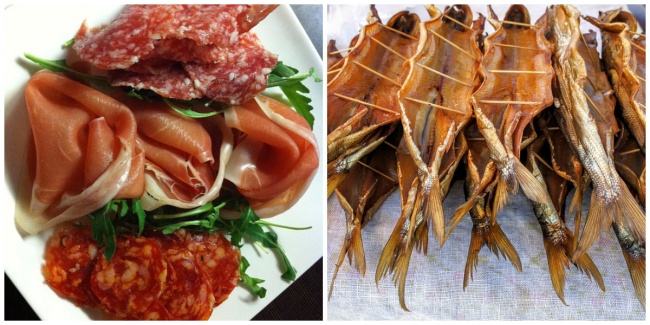 © pixabay © pixabay
© pixabay © pixabay
- Drugs: all MAO inhibitors (tranylcypromine, phenelzine, nialamide).
- Restricted: tyramine-rich foods.
Antidepressants contain a monoamine oxidase inhibitor that interacts with tyramine and can cause a critical blood pressure increase. Tyramine is an amino acid that is formed during the aging of protein-rich foods. It is abundant in aged cheese, meat or fish jerky, dry sausages, and canned meat or fish. You can find the rest of the tyramine-rich foods here.Source: FDAAnd, most importantly, consult your doctor or pharmacist before taking even the most innocent medication! The human body is unique, and medical recommendations should be picked individually. Therefore, none of the above advice is able to replace a medical consultation.Preview photo credit Depositphotos
Based on materials from mirror, hypedojo
